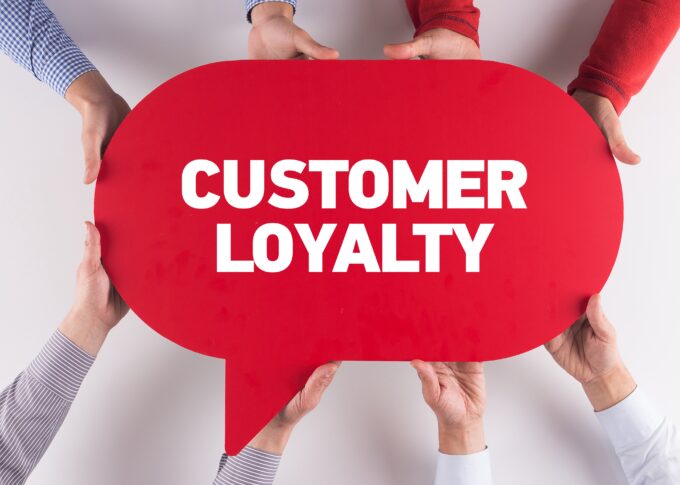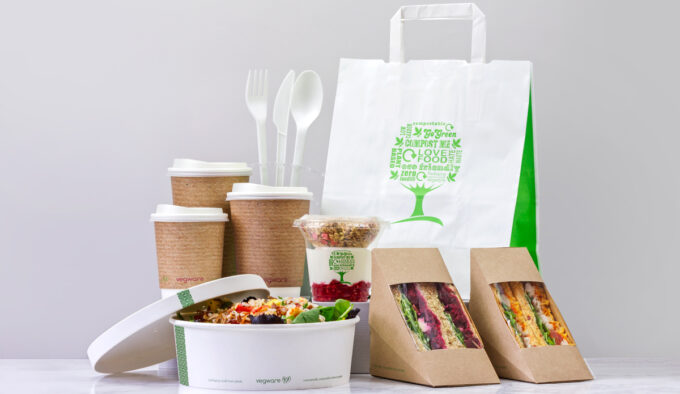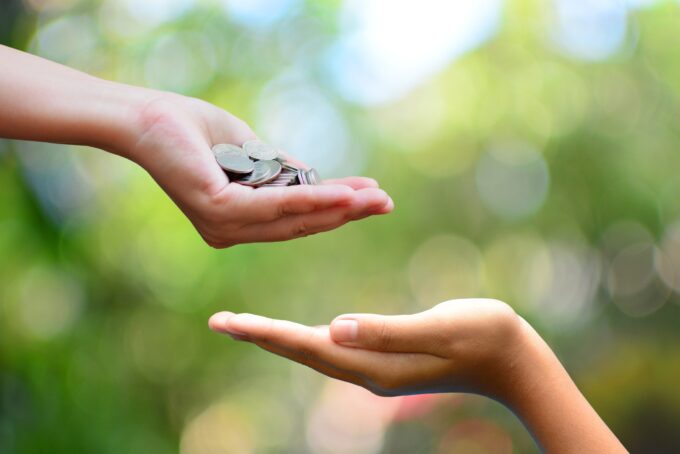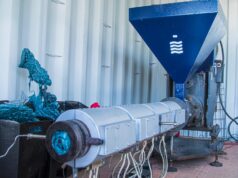If you’ve been putting sustainability on the back burner, it’s time to move it to the top of your to-do list.
In the last decade, some of the world’s top brands have made sustainable changes to their products, packaging, and production to meet consumer demand. These changes have been made as a direct response to intense consumer demand.
According to research published by Harvard Business Review, consumers have wanted sustainable products for years, but many brands have been intentionally ignoring those requests. For some reason, those brands have taken the stance that consumers won’t actually buy sustainable products and use this line of reasoning to justify not making their products more sustainable.
That conventional wisdom has turned out to be false. Extensive research performed by NYU Stern’s Center for Sustainable Business found that 50% of consumer packaged goods growth between 2013 and 2018 came from products marketed as sustainable. Products specifically marketed as sustainable grew by 29% within that same timeframe.
The data is clear. Sustainability plays a direct role in increasing profit. Making sustainable changes to your business costs money, but here’s why it’s worth every penny.
1. Getting a sustainable certification increases consumer loyalty

The best way to increase your profits is to generate a loyal customer base. Loyal customers become regular customers and spread the word to friends and family. Loyal customers also become influential brand ambassadors—people who love your brand enough to promote your products without being asked or paid.
In today’s sustainable-focused society, one of the best ways to generate loyalty is to get some kind of sustainability certification. Consumers are no longer swayed by sustainability claims on packaging; they want to know that your claims have been checked out and verified by an independent third-party agency. For example, you can claim to use “sustainable farming methods” on your packaging, but what does that mean? Consumers know that certain claims have no legal definition or aren’t regulated and without certification, those claims could be fraudulent.
One of the most popular terms in the food industry is the word ‘natural,’ yet the FDA has not established an official definition for this term. Despite FDA guidelines, food manufacturers have gotten away with calling chemical-filled foods ‘natural’ and consumers no longer trust these claims when not backed by certifications.
Sustainable certification is critical for suppliers
Certification is especially important when you’re a manufacturer that supplies other sustainable companies with fundamental products. A sustainable company’s reputation depends on the validity of a supplier’s claims. Certification is the best way to validate sustainability claims. If the certifying authority is trustworthy, then sustainable companies don’t need to worry.
For example, sustainable packaging made by Burd and Fletcher adheres to strict Sustainable Forestry Initiative (SFI) guidelines. Getting SFI certified isn’t cheap, but thousands of sustainable brands depend on their packaging, and consumers need to know they can trust every aspect of a sustainable brand.
Unsustainable packaging is the first thing consumers will notice and complain about when a brand claims to be sustainable or sell sustainable products. When your packaging is certified sustainable, it’s much easier to generate a loyal customer base.
2. Sustainability encourages better products

Better products generate bigger and better profits. However, just because a product is sustainable doesn’t mean it’s superior. You can’t just make a sustainable product and expect the sales to roll in. You’ve got to make an irresistible product that also happens to be sustainable.
If you’re trying to launch a new product and other brands already make similar sustainable products, you’ll need to make product improvements that set you apart from your competition. For instance, the alternative milk and creamer market is pretty saturated. However, there wasn’t a product that really stood out until Earth’s Own launched a plant-based creamer that tastes even better than traditional dairy creamer.
Other brands have been making plant-based creamers for years, but most appear as if they curdle when poured into a cup of coffee. Earth’s Own created a sustainable, tastier, more appetizing product. When it comes to food and beverage products, presentation is everything.
If you can make an outstanding and sustainable product, that’s where you’ll see your largest increase in sales.
3. Sustainability encourages philanthropy

Philanthropy usually accompanies sustainability. Many sustainable brands make general products, but market themselves based on their commitment to a philanthropic cause. For example, Bombas makes good quality socks, but their mission is to provide a sustainable solution for supplying homeless shelters with their most requested item—socks.
For each pair of socks sold, Bombas donates a pair of socks to a homeless shelter. It’s a simple model, but the company has been largely successful and is quite popular.
There are many other companies with similar stories. The creators set out to solve a problem, came up with a simple solution, and attached their solution to a bigger cause. People inherently want to make a difference in the world without exerting much effort. If people can buy a product and make a difference without leaving their home, you’re going to sell more of that product.
4. Consumers expect and demand transparency

You won’t capture a customer’s loyalty without transparency regarding emissions. In fact, companies that actively manage their environmental impact generate 18% higher ROI over companies that don’t bother. Companies that continually manage their impact on the environment also generate 67% higher ROI than companies that refuse to disclose their emissions in the first place.
Sustainability requires more than recyclable packaging
Although using recyclable packaging is part of creating a more sustainable brand, you won’t see a significant increase in profits if that’s your only effort. To see a significant increase in profits, your brand needs to be committed to full transparency and always be working toward higher levels of sustainability.
Consumers want sustainable products, but they also want to know the brands they support are doing everything they can to continue increasing sustainable practices in every way possible. To achieve your ROI potential, commit to a long-term plan to transform your brand into a fully sustainable operation.









